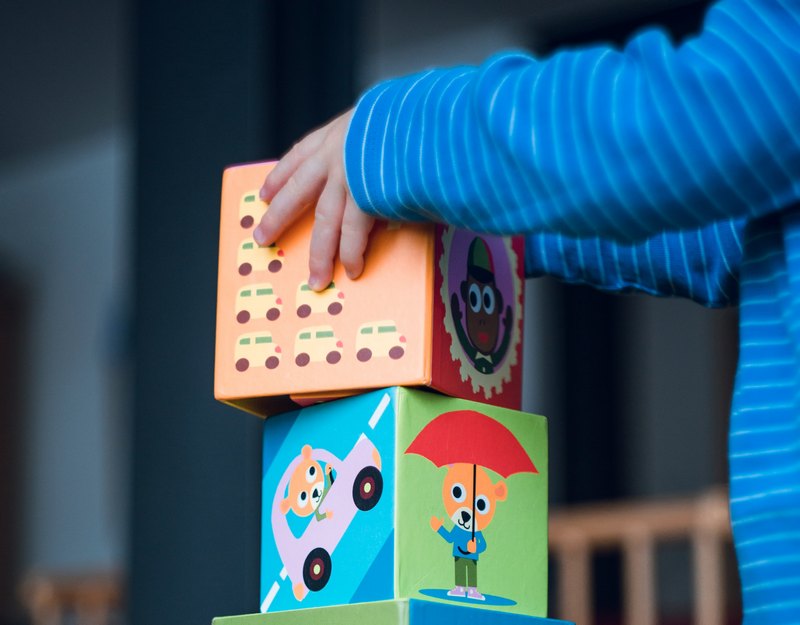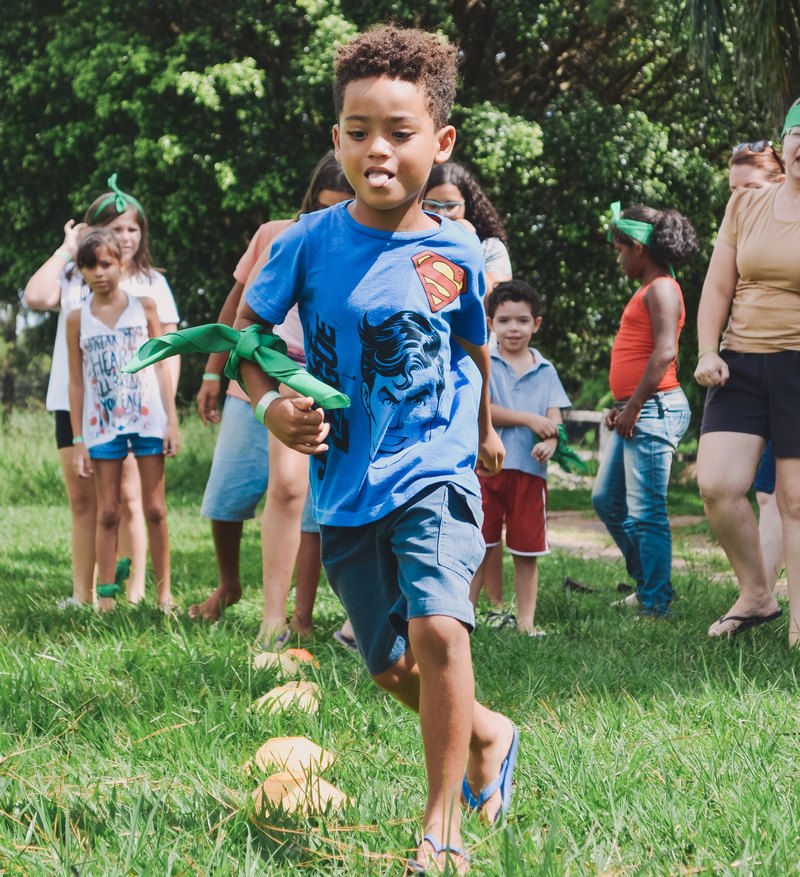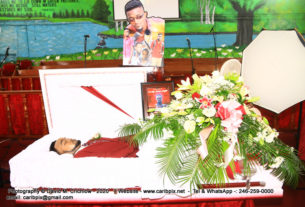BY JULIA RAWLINS-BENTHAM | MAY 31, 2020 | TOP STORIES

A new Child Justice Bill that will change the way children are handled by the justice system is now set to go before Cabinet in the very near future.
Once it is approved, children will no longer face charges for status offences such as wandering and will only be confined at a penal institution for serious offences. Furthermore, the Child Care Board will have a more significant role to play in child protection on the island.
These are among a suite of recommendations that were given the green light by the Ministerial Sub-committee established to oversee the drafting of, and to recommend implementation policies relating to the new Bill.
The meeting was held jointly at the Office of the Attorney General in Wildey, St. Michael and via Zoom last week.
Chair of the meeting, Minister of Home Affairs, Edmund Hinkson, outlined that the new Bill would also see more diversion tactics being used to keep youth out of prison; a stronger role for the Probation Department in the process; an increase of the age of criminal responsibility from 11 to 12; alternative-based sentencing; more emphasis on parental responsibility and the removal of statue offences such as wandering.

The process could also see the possible renaming of the Government Industrial School, the establishment of a Child Justice Board, an Assessment Centre, and the development of a modern Child Care Protection Policy and accompanying legislation.
“We are also working on an Alternatives Prison paper for presentation before the Cabinet which would include a stronger focus on community sentencing,” he revealed.
The Minister explained that while the Penal System Reform Act, enacted over two decades ago, spoke to this measure, there were some aspects that were still yet to be implemented.
Mr. Hinkson underscored the importance of introducing the new measures to Barbados, noting that the country was among the last jurisdictions in CARICOM to implement a modern regime to govern the way matters relating to juveniles who come into conflict with the justice system and who need protection, are addressed.
He, however, noted that circumstance presented Barbados with the opportunity to learn from the challenges which its neighbours encountered in implementing new policy and legislative dictates to make the necessary adjustments.
The Minister also gave the undertaking that Government will further engage the relevant agencies in relation to how the new Bill will be rolled out going forward.
Mr. Hinkson also stressed the need for a communications strategy, since these legislative changes will bring about a significant cultural shift in Barbados in the way children are dealt with by the justice system.
This was supported by Minister of Information, Broadcasting and Public Affairs, Senator Lucille Moe, who noted that any communication strategies developed would have to be done with a COVID-19 environment in mind and making use of all online platforms.
Also present at the meeting were Attorney General and Minister of Legal Affairs, Dale Marshall; Minister of People Empowerment and Elder Affairs, Cynthia Forde; Minister of Youth and Community Empowerment, Adrian Forde; and Minister of Education, Santia Bradshaw.

Representatives from state agencies involved in juvenile justice and care and protection, including the Government Industrial School, the Probation Department, the Barbados Prison Service, the Royal Barbados Police Force, the Child Care Board, the Community Legal Services Department, the Director of Public Prosecutions, the National Council on Substance Abuse, the Youth Affairs Division and the Ministry of Health and Wellness, were also in attendance.
A representative from UNICEF, the agency responsible for commissioning the process, also attended.




